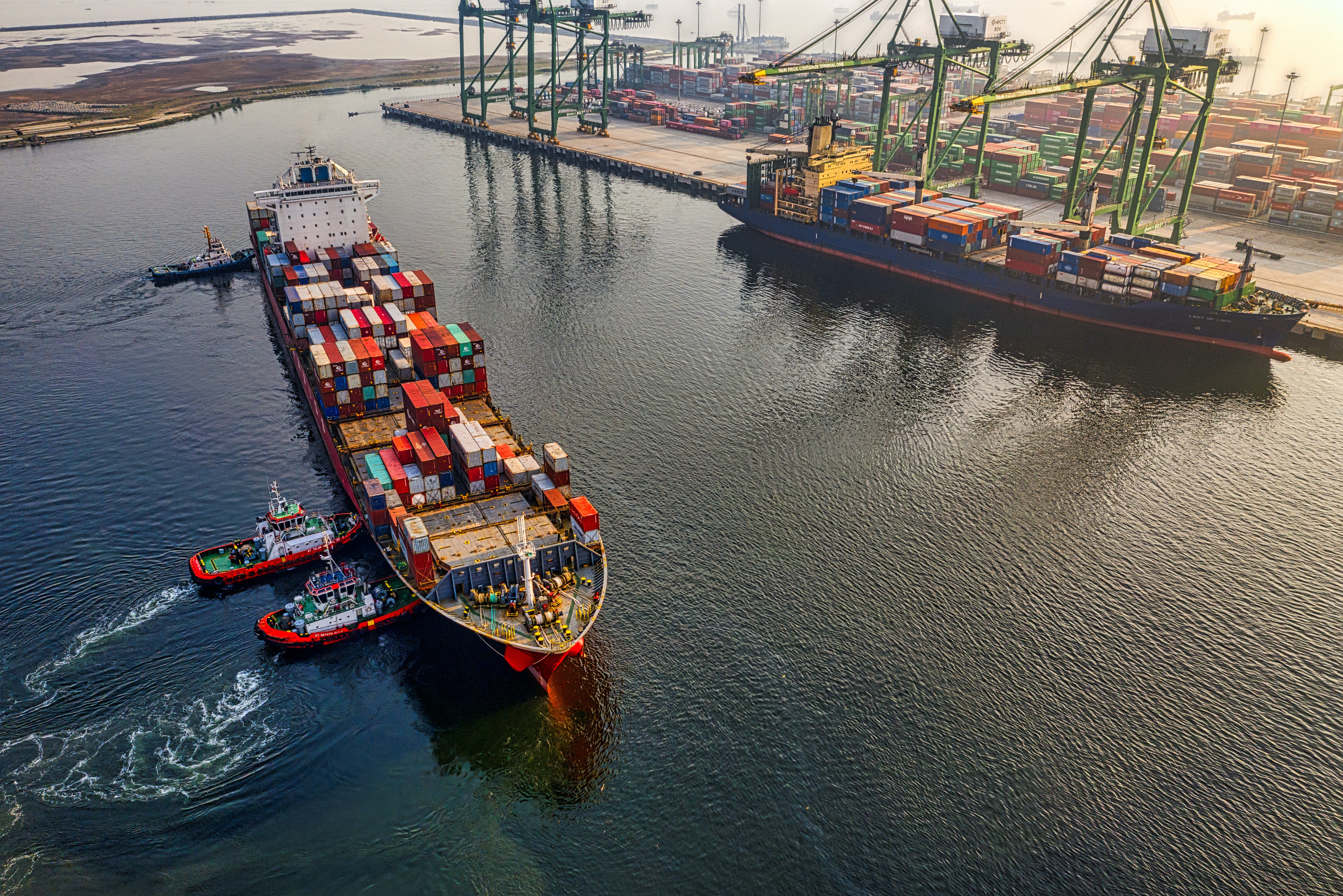What is the Difference between FOB and CIF?
When a business carries out an international deal, understanding the different terms used for the movement of goods is necessary. The shipments of goods must undergo legal agreements. In that way, the risk is minimal when things go wrong because it points out the responsibility passed from one party to another – the buyer or the seller. It would be better to choose a trusted logistics company in the Philippines for a smooth and fast transaction without causing delays that might affect the business.
Besides, moving freight from international ports requires numerous handling, various methods of transporting, and most cases happen when the shipment stops before reaching the point of delivery.
To avoid these issues, there are agreements commonly used to define who will take responsibility for the shipment of goods: Cost, Insurance, and Freight (CIF) and Free On Board (FOB).

Cost, Insurance, and Freight
In CIF, the seller is in charge of clearing the goods for export, insurance, freight charges, and documentation. It is the seller’s responsibility to look out for the goods until it reaches the buyer. In other words, once the goods reach their final destination, the ownership promptly transfers to the buyer.
Additionally, the seller takes responsibility for transporting products to the nearest port, loading them on the ship, and pay a freight forwarder that delivers to the harbor the buyer chose. It includes all the necessary documents required by the departing and arrival countries to ensure the safety of the goods at the destination and paying insurance costs.
As a seller that chooses to ship the goods to the buyer with this Incoterm, it is advisable to look for a freight Forwarder in the Philippines that offers a less-expensive service and assumes the responsibility for shipments.
Free On Board
In contrast with CIF, Free on Board (FOB) is a trade term used to indicate that the seller takes the responsibility to pay for the transportation and loading costs and clear the products for export. In addition, the seller also takes charge of loading the goods to the vessel.
Once the stocks are on board, the buyer and seller divide the risks and cost – the seller already fulfilled the obligation for the shipment, and the buyer will bear all costs the moment it arrives.
The good thing about FOB from a buyers’ perspective is that they can save on costs in freight and insurance. Also, they have better control over the shipping process, and the price is cost-effective. From the seller’s perspective, they don’t take the obligation since the buyer books a vessel for the product shipment for the destination harbor of their choice. The seller does not need to sign an insurance contract for the products taking full responsibility for the product value.
Conclusion
Each Incoterm has specific advantages and disadvantages for both the buyer and the seller. In some instances, a seller prefers FOB while the buyer chooses CIF, but some trade agreements look for one procedure convenient for both parties. CIF and FOB are two of the available freight agreement options for international trade. Choosing the best option that suits the given business is essential. It is better to check thoroughly before proceeding with the freight agreement option to prevent delays and problems during product transactions.
Excelsior Worldwide Freight Logistics conducts free orientation for those who are willing to learn. It is our advocacy to share our knowledge & experience worth more than a decade in the business. Visit our website today at excelsior.ph to learn more about our service.
